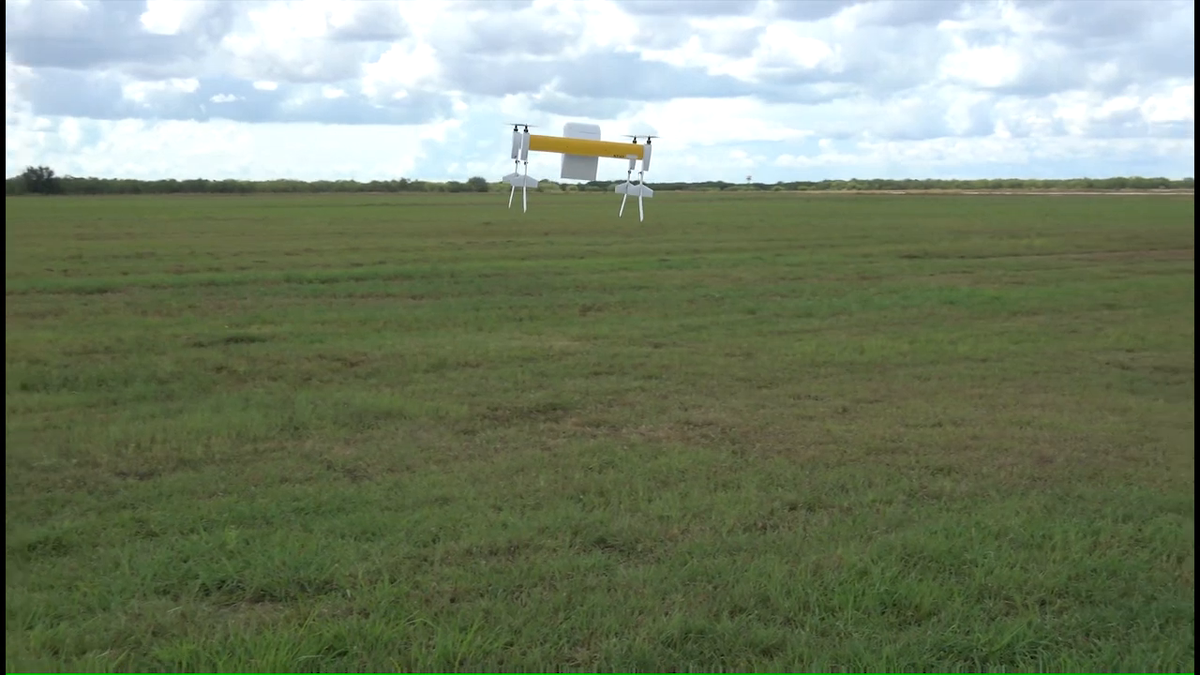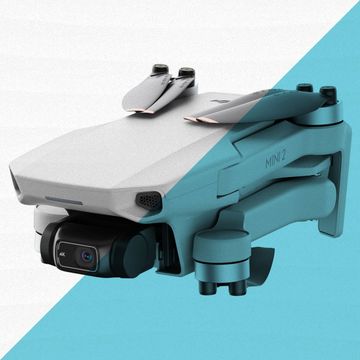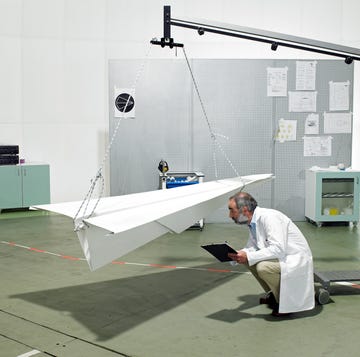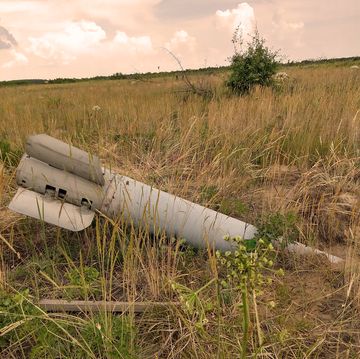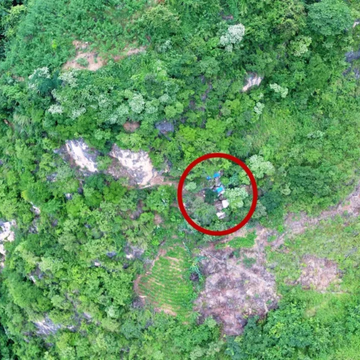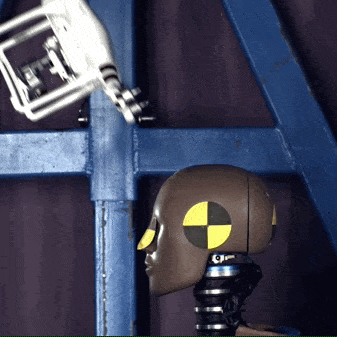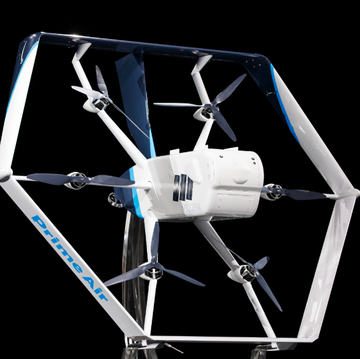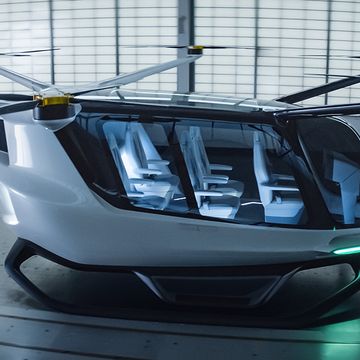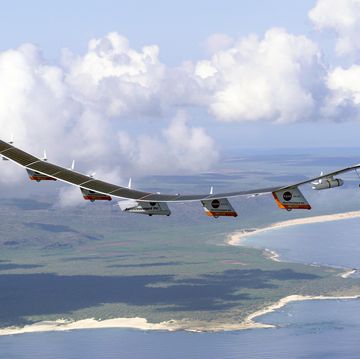When MH370 went missing in March of 2014, among the first details to draw scrutiny was the contents of the cargo hold: The Boeing 777, bound for Beijing, was carrying a large shipment of lithium-ion batteries. Boeing has just taken the unusual step of warning its airline customers that large shipments of the batteries—used throughout the world in cellphones, laptops, and other indispensable gadgets—could cause fires intense enough to destroy a commercial airliner.
Now, that's not to say a fire related to Li-ion batteries is what caused MH370 to go down. Sixteen months later, we still don't know what caused aircraft to go off the grid not long after departing Kuala Lumpur and ultimately to disappear. However, the fire hazards of such bulk shipments of the batteries were already well known to the industry—especially when the batteries are shipped in a package that could contain tens of thousands of them. In fact, two dozen airlines including Cathay Pacific, Delta, British Airways, and Singapore, were already restricting or banning them on planes carrying passengers. (Malaysia Air was not among them.)
Boeing's warning came in the form of "guidance" to the industry, in effect urging carriers to avoid carrying batteries as cargo "until safer methods of packaging and transport are implemented," a Boeing spokesman was quoted as saying. But finding those safer methods might be elusive.
For one thing, the FAA also released its own statement on the subject, divulging that it conducted tests of large battery shipments that show just how flammable these batteries are. The agency said tests carried out last year proved that when the batteries short-circuit, they emit hydrogen and other gases that can themselves ignite into a high-temperature fire ball that's nearly impossible to put out by conventional methods.
Modern airlines come equipped with fire-halon fire suppression systems. But, the FAA trials show, even after being doused by the extinguisher, overheated batteries continued to blaze. Other types of batteries don't pose the same problem, but they also don't offer the same advantages that have made Li-ion ubiquitous in the electronics industry. And as the demand for lithium batteries grows, the industry is under pressure to find a solution.
Boeing's bulletin comes as safety organizations, pilots groups, and other aviation interests are ratcheting up the pressure on regulators to reexamine rules governing hazardous cargo.The U.N.-affiliated International Civil Aviation Organization is set to meet later this month to consider new rules, including requiring fireproof packaging and possibly new fire suppression equipment in cargo compartments.


